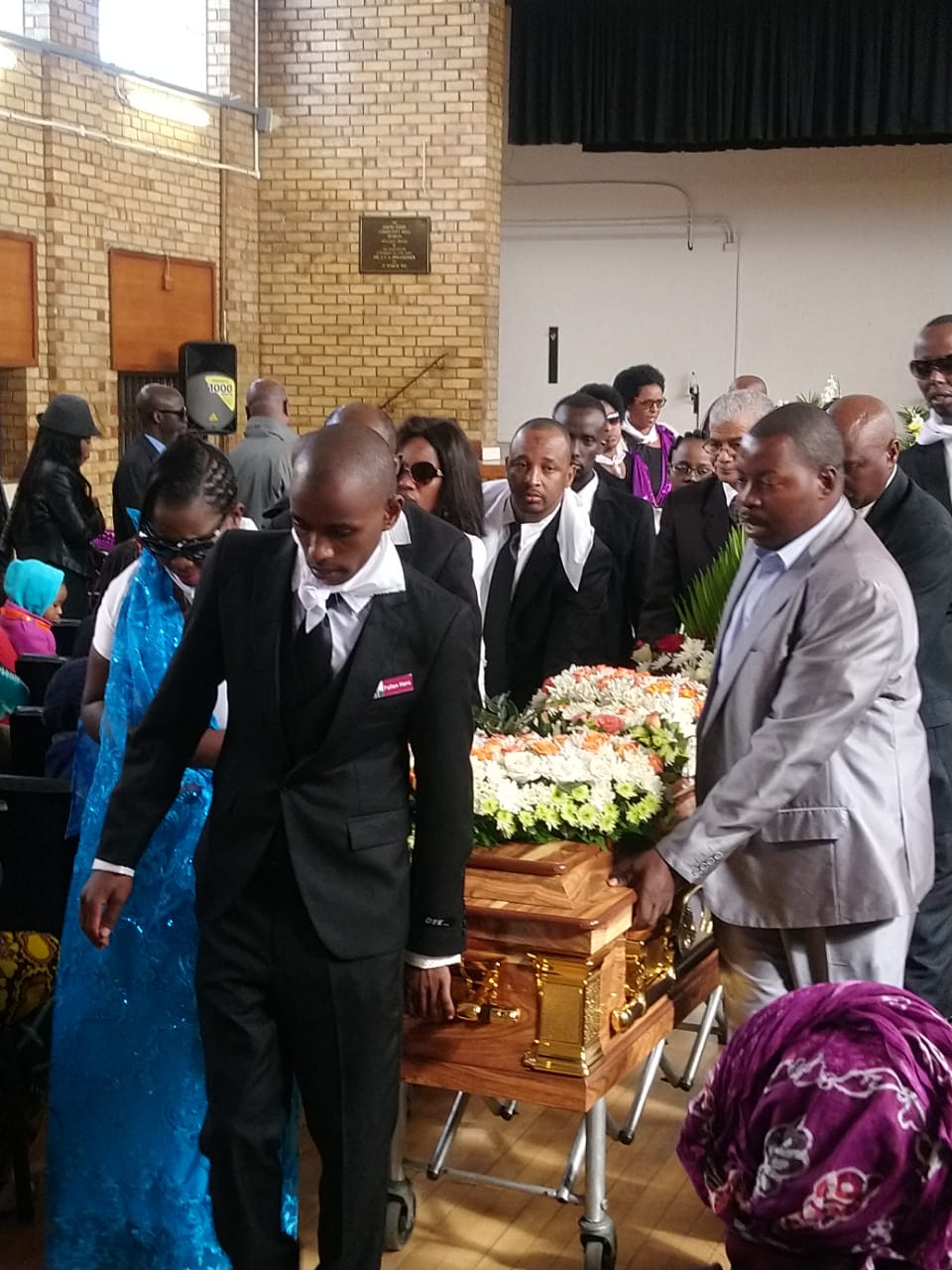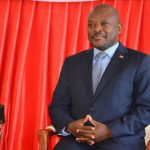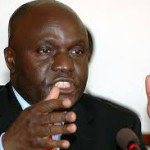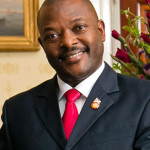Former President of Burundi, Pierre Nkurunziza has been buried in the capital, Gitega.
Nkurunziza who died on 8 June 2020 was expected to hand over power to the newly elected president of Burundi, Evariste Ndayishimiye who won May 20 elections as the country entered the post-Nkurunziza era.
Upon his death, the government said he died of cardiac arrest. Nkurunziza who ruled for nearly 15 years was scheduled to be crowned the ‘Supreme leader of patriotism’.
The government has urged the public to be on the roadsides and give him respect as his hearse travels from Karusi hospital where he died, to Gitega stadium, for the last honours.
Nkurunziza’s term as president began on 26 August 2005 and he soon adopted a number of popular policies. He presided over the reconstruction of the Burundian state on the basis of the inter-ethnic compromise enshrined in the Arusha Accords which mandated the partition of state positions between Tutsi, Hutu, and the minority Twa ethnic groups.
Nkurunziza’s second term saw rising discontent with his leadership. Outdoor jogging was banned in June 2014 out of fear that group exercise might be used as cover for political meetings. Dissent came to a head with the public announcement on 25 April 2015 that Nkurunziza would stand for a third term in the presidential elections scheduled for June that year.
This appeared to be contrary to the term limits established in the Arusha Accords and sparked widespread protests in Bujumbura and elsewhere which led to violent confrontations. However, the Constitutional Court ruled on 5 May that the projected third term was legal. The protests then escalated and dozens were killed.
A military uprising was attempted on 13 May 2015 by soldiers loyal to Godefroid Niyombare but collapsed after extensive fighting in Bujumbura. Assassinations of opposition politicians and critics took place and it was reported that detained protesters were tortured or raped at so-called “black sites” by regime loyalists. Despite the instability and a continuing opposition boycott, the elections took place in July and Nkurunziza was re-elected for a third term.
Nkurunziza’s third term saw the country’s increasing isolation in light of international condemnation of the repression which accompanied the 2015 unrest. The East African Community and African Union attempted to mediate the conflict unsuccessfully and Nkurunziza’s regime became increasingly isolated. Fearing an outbreak of genocidal violence, the African Union attempted to dispatch a peacekeeping force to Burundi in 2016 but this was blocked by Nkurunziza.
Nkurunziza withdrew Burundi from the International Criminal Court in 2017 and advocated constitutional reforms which would allow longer presidential terms which were approved in a disputed referendum in May 2018. However, in June 2018 he announced that he would not be standing for a fourth term and that he would consequently step down in 2020.
He endorsed Évariste Ndayishimiye. The elections took place in May 2020 and resulted in a large majority in favour of Nkurunziza’s candidate. However, the elections occurred against the backdrop of criticism of Nkurunziza’s response to the COVID-19 pandemic in Burundi during which representatives of the World Health Organization (WHO) were expelled. Election monitors from the East African Community were also kept out.








